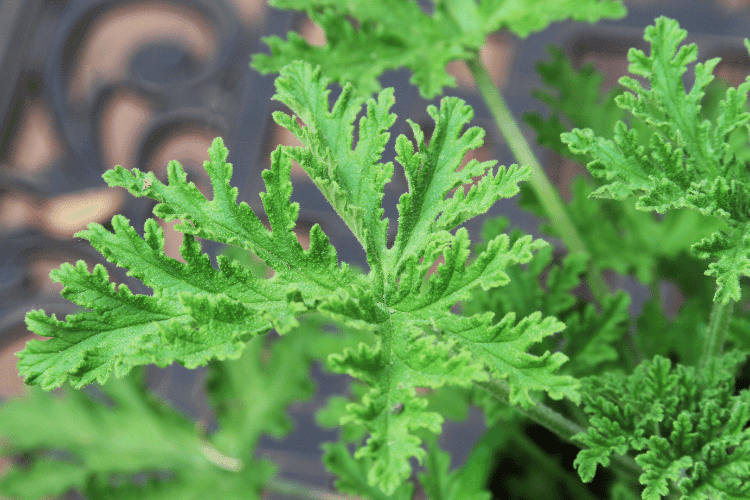Today, let’s dive into a buzzing topic that often raises a few eyebrows: Does Lysol kill bees?
The quick answer is: Yes, Lysol does effectively kill most flying insects, not just bees. Lysol is strong enough to repel wasps, hornets, and other pesky pests.
That said, we’ll explore the ins and outs of using Lysol and other alternatives to manage bees without resorting to this household cleaner. So, think twice before reaching out for that spray bottle!
Why Does Lysol Kill Bees?
Now, let’s uncover the science behind why Lysol spells trouble for our winged friends; the bees.
The culprit here is benzalkonium chloride, a key player in Lysol’s lineup and a quaternary ammonium compound. This mighty compound acts as a general biocide, posing a threat to various life forms, including our buzzing buddies.
When Lysol is sprayed on bees, it’s like an unwelcome chemical blockade. The benzalkonium chloride infiltrates their delicate pores, resulting in a suffocating ordeal for the unsuspecting insects. This chemical interference disrupts their vital processes, leading to a fatal outcome.
Some variants contain cresol, a potent phenol compound, while others boast benzalkonium chloride. The former can be particularly toxic, potentially causing harm to humans if ingested in significant amounts.
However, it’s crucial to emphasize that Lysol isn’t designed as an insecticide. Its use to exterminate bees is strongly discouraged, given the pivotal role these tiny marvels play in pollination and ecosystem balance.
Why You Shouldn’t Use Lysol on Bees
Using Lysol on our buzzing buddies is a big no-no, and here’s why:
Bees are the unsung heroes of pollination, playing a vital role in the reproduction of countless plant species, including those that grace our dinner plates.
The indiscriminate use of substances like Lysol poses a significant threat to these industrious pollinators, who are already grappling with challenges like pesticides and diseases.
Bees aren’t just the backbone of honey production; they’re essential for maintaining biodiversity and a healthy ecosystem as well.
Lysol, designed for household hygiene, isn’t cut out for insect control. When it comes into contact with bees, especially with the potent benzalkonium chloride in the mix, it can wreak havoc on their delicate systems.
Opting for Lysol as a solution can contribute to the decline of pollinator populations, a matter of global concern. There’s a better way. Beekeepers and local authorities are equipped to handle bee-related concerns safely and without resorting to harmful substances.
Bee-friendly pest control methods, free from toxic chemicals, should take the spotlight. It’s a win-win, protecting both our vital pollinators and the environment they thrive in.
What Are Natural Ways to Get Rid of Bees?
If you’re seeking bee-friendly alternatives to keep these essential pollinators at bay, you’re in luck.
PSA: Make sure to wear protective clothing when approaching bee nests.
Let’s explore natural methods that won’t harm bees and will help maintain the delicate balance of our ecosystem.
1. Bee-Repelling Plants

Citronella, mint, and eucalyptus are your go-to choices. These plants not only add a touch of green to your surroundings but also act as natural barriers that bees tend to avoid. Citronella candles are an additional option to keep outdoor spaces bee-free.
2. Vinegar Solution
Create a bee-deterrent spray by mixing equal parts water and vinegar. This solution is harmless to plants and can be safely sprayed around areas you want to keep bee-free. It’s a simple yet effective way to discourage bees from buzzing too close.
3. Garlic Spray
Craft a garlic-infused spray by soaking fresh garlic cloves in cooking oil. This concoction, when sprayed, disorients bees with its scent and acidity, encouraging them to relocate.
4. Citrus Spray
Boil water with citrus fruit slices like lime, lemon, orange, and grapefruit. Once cooled, pour the citrus-infused water into a spray bottle and apply it around hives and bee-prone areas. The bees will find the scent unappealing, encouraging them to move along.
5. Topical Defenses
For a personal shield against bees, consider using lavender oil, citronella oil, olive oil, or lemon and lime. Applying these substances to your skin can help deter bees without causing them harm. It’s a win-win, keeping you bite-free without harming our crucial pollinators.
6. Hive Relocation
Beekeepers are your allies. If you find a hive on your property, beekeepers may relocate it for free. However, this method is limited to honeybees and may not apply to carpenter bees, wasps, or hornets.
7. Natural Bee Repellent
Combine garlic and white vinegar to create a potent bee repellent. Simply spray the mixture in areas where you want to keep bees away. This concoction disrupts their navigation and encourages them to find a new location without causing harm.

8. Natural Bee Lure
Take advantage of bees’ love for sweetness. Place ripe mango slices in a zip-lock bag and position it away from your home. The bees will be drawn to the tempting aroma, ideally relocating away from your living spaces.
9. Ultrasonic Pest Repellent
For a high-tech approach, consider an ultrasonic pest repellent. These devices, when plugged in, emit sounds that deter not only bees but other insects as well.
10. Seek Professional Help
When DIY methods fall short, seek professional pest control. Such services can provide expert assistance, especially crucial for those with bee allergies.
FAQs
What kills bees the most?
Pesticides, especially neonicotinoids, pose a significant threat to bees. These chemicals, found in many insecticides, can harm or kill bees upon contact or ingestion.
Why are bees attracted to me?
Bees might be drawn to scents, floral patterns, or bright colors. Avoid strong fragrances and floral prints when spending time outdoors to reduce bee attraction.
In Summary
Dealing with a bee infestation? Then, your first go-to might’ve been Lysol. And does Lysol kill bees? Sadly, yes—and that’s why we don’t recommend it.
Any of the methods we mentioned above will help you deal with your unwanted colony of bees. Inquiring about professional removal services in your area is a good option too.
- Does Bleach Kill Bees? - April 23, 2024
- How Do I Get Rid of Ants Without Harming Bees? - April 16, 2024
- Do Bug Zappers Kill Bees? Completely Explained - April 9, 2024
